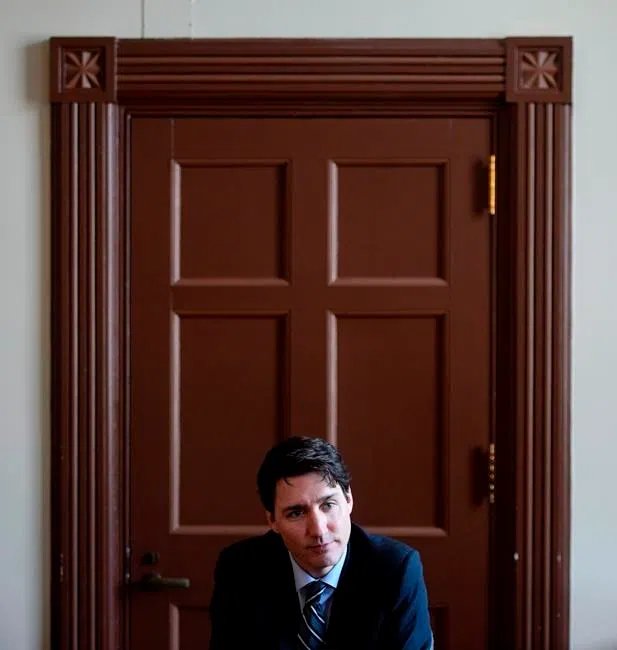
UN Security Council seat for Canada: Trudeau won’t compromise values to get it
OTTAWA — Prime Minister Justin Trudeau says he is not willing to compromise Canadian values and principles just to get the country a seat at the UN Security Council.
In an interview with The Canadian Press, Trudeau insisted that landing the seat was not so much a “goal” but rather a way to “continue having a positive impact in the world.”
“If we have to compromise our values and principles to get the seat, it loses its usefulness,” he said.
Trudeau also said Canada’s abstention from a UN vote on U.S. President Donald Trump’s recognition of Jerusalem as Israel’s capital was about staying above “political games” aimed at isolating Israel.
